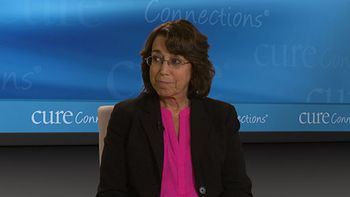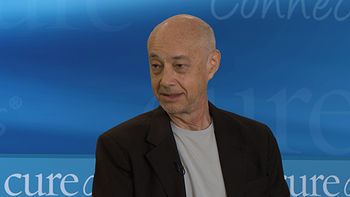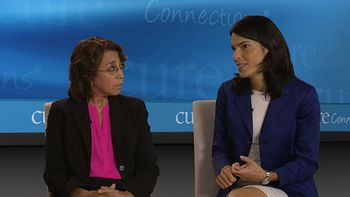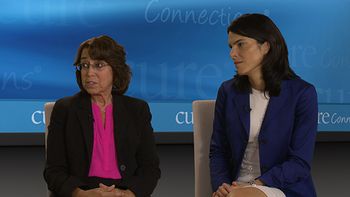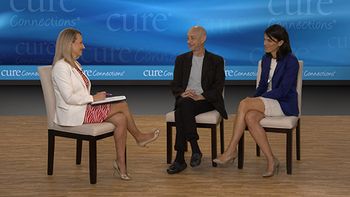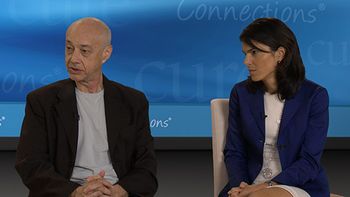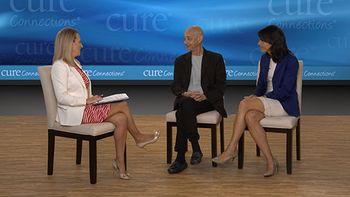
A recent study found that patients with a history of cancer are more prone to change their prescription drug regimen because of the cost.

A recent study found that patients with a history of cancer are more prone to change their prescription drug regimen because of the cost.
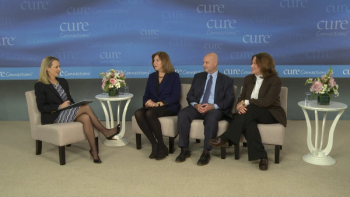

Stakeholders expressed their concerns and wishes as President Donald Trump continues to move forward in repealing and replacing the Affordable Care Act.

After months and months of fighting to have the medical equipment prescribed by my oncologist, my persistence paid off.

The House of Representatives just passed the 21st Century Cures Act, providing over $6 billion for health initiatives.

When it comes to employment and insurance after a cancer diagnosis, it is important to read the fine print.

There are many resources available to help patients with cancer navigate and pay for treatment.

In colorectal and other cancers, financial burden is worsened by expensive drugs, long-term treatment and sharing of insurance costs.

In prostate and other cancers, patient assistance programs can prevent drug costs from shaping treatment decisions.

Even with protective laws, survivors of cancer face obstacles in employment.

There is no doubt the Affordable Care Act needs tweaking. But let's not lose these critical pieces.

A new tool that grades financial toxicity similar to adverse events may help patients deal with finances during cancer.


